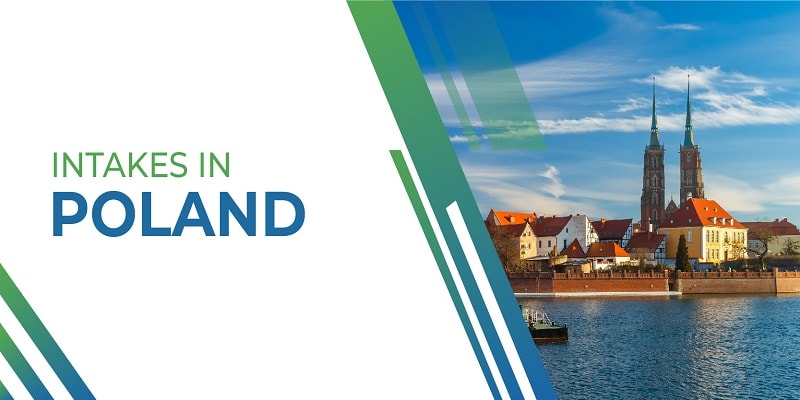Listening comprehension is a pivotal component of language proficiency, and mastering the listening sections of the IELTS and PTE exams is essential for success. In this blog, we’ll explore effective strategies to unleash your listening skills, helping you confidently navigate the challenges presented by these tests.

Active Listening Practice
The foundation of strong listening skills lies in active listening. Engage in a variety of English audio materials such as podcasts, TED Talks, and audiobooks. Focus on understanding the main ideas, supporting details, and the speaker’s tone. Regular exposure to diverse accents and topics will enhance your overall listening proficiency.
Develop Note-Taking Techniques
Both IELTS and PTE listening sections allow test-takers to take notes. Develop a shorthand system that works for you, emphasizing keywords and main ideas. Practice note-taking during your active listening exercises to hone this skill. Efficient note-taking will serve as a valuable reference when answering questions.

Anticipate Key Information
Before each listening passage, take a moment to preview the questions. This helps you anticipate the type of information you need to listen for. Understanding the context and expected answers in advance will sharpen your focus during the audio presentation.
Identify Different Accents
IELTS and PTE feature speakers with various accents, reflecting the global nature of English. Familiarize yourself with accents from different English-speaking regions. Listen to recordings with British, American, Australian, and Canadian accents to develop the ability to comprehend diverse spoken English.

Practice with Varied Audio Speeds
Listening passages in both exams may vary in speed. Practice listening to recordings at different speeds to adapt to the pace of the actual test. This flexibility will be beneficial, especially when dealing with challenging accents or fast-speaking speakers.
Focus on Understanding Specifics and Inferences
Listening questions often require different levels of comprehension. Some questions may test your ability to grasp specific details, while others may assess your understanding of implied or inferred information. Practice distinguishing between these types of questions to effectively address each during the test.
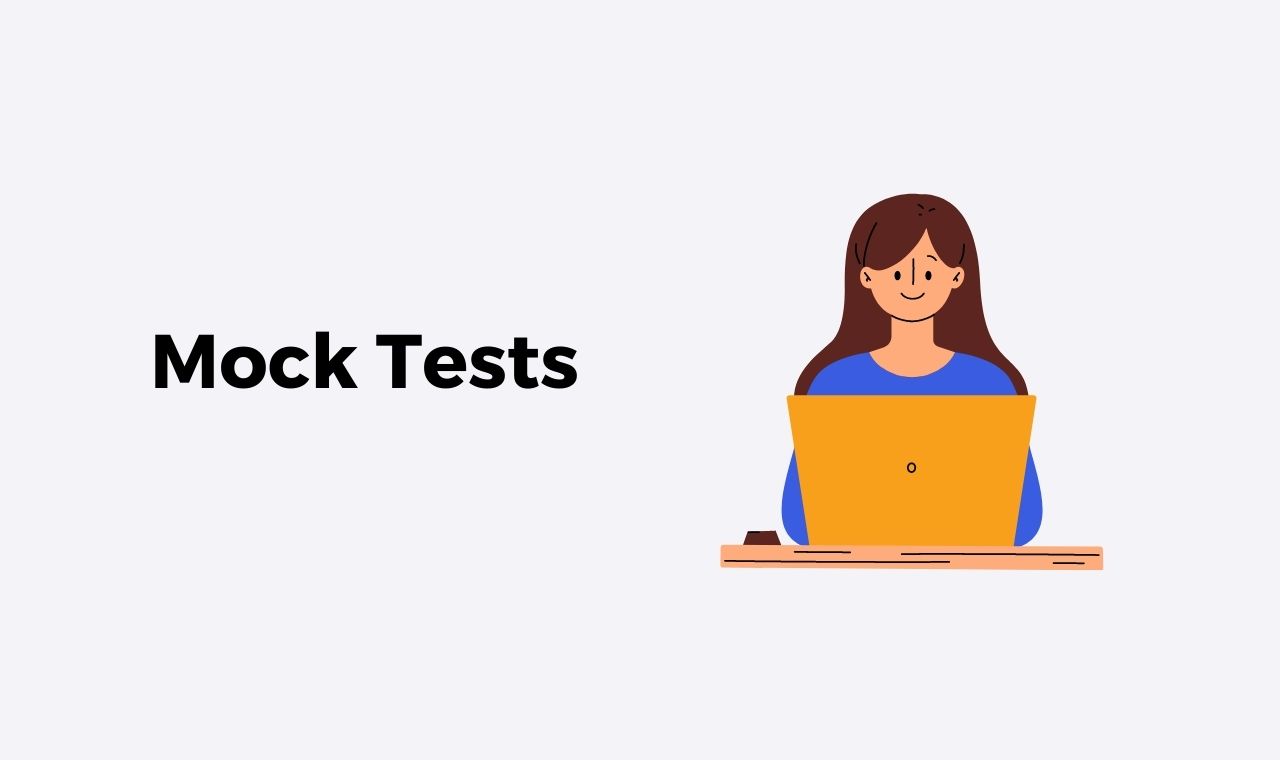
Simulate Exam Conditions with Mock Tests
Mock tests are invaluable tools for preparing for the listening sections. Create a quiet and distraction-free environment, replicate the time constraints of the actual exam, and practice with official sample tests. This simulation will help build stamina and acclimate you to the conditions you’ll face on test day.
Review and Learn from Mistakes
After completing practice tests, thoroughly review your answers. Identify patterns in mistakes and understand the reasons behind them. This reflective process will guide your ongoing preparation, allowing you to focus on areas that require improvement.
Utilize Available Breaks Wisely
Both IELTS and PTE have breaks between sections. Use these breaks to your advantage. Quickly review notes, mentally prepare for the upcoming listening section, and take a deep breath to stay focused and composed.

Stay Calm and Manage Time Effectively
During the actual test, maintain composure, and manage your time wisely. If you miss an answer, don’t dwell on it; focus on the next question. Distribute your time evenly across all questions and sections to maximize your overall performance.
In conclusion, the key to success in the IELTS and PTE listening sections lies in a combination of active preparation, strategic approaches, and adaptability. By incorporating these listening strategies into your study routine, you’ll not only boost your confidence but also unlock the full potential of your listening skills. Embrace the challenge, practice diligently, and let your listening skills shine on test day. Good luck!
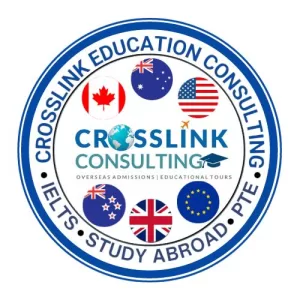
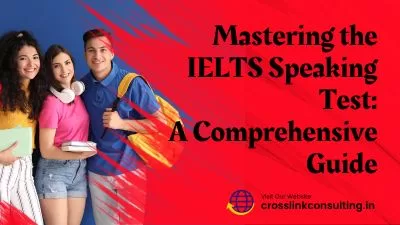
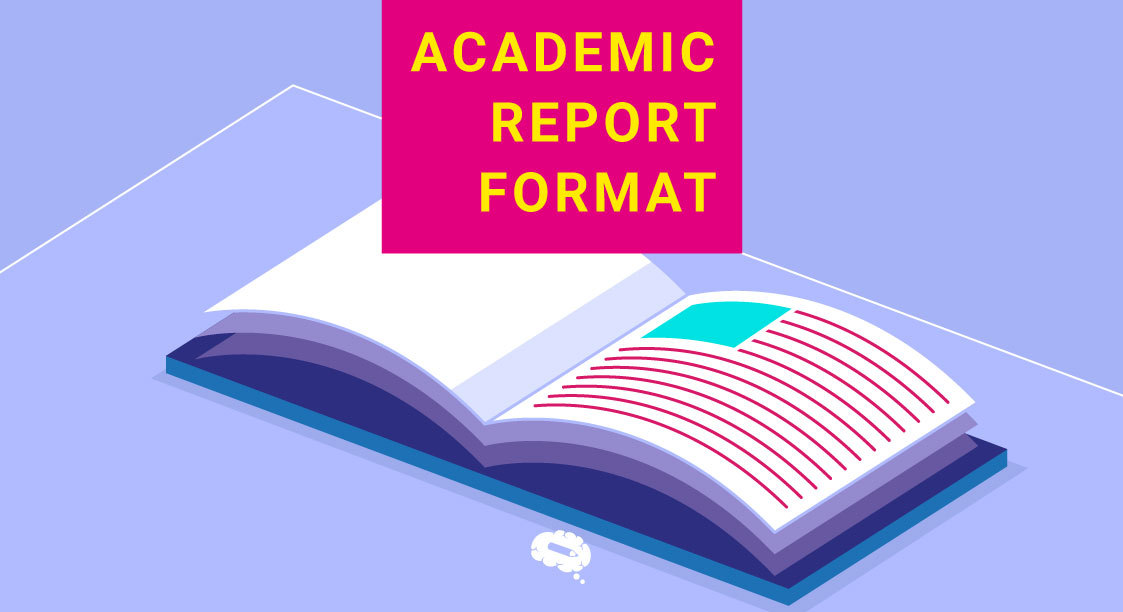


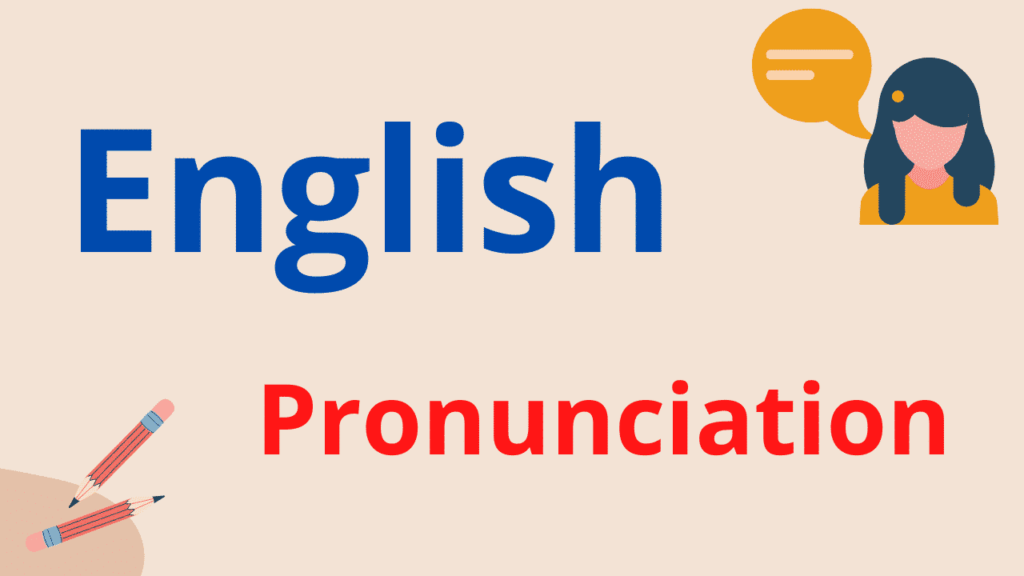



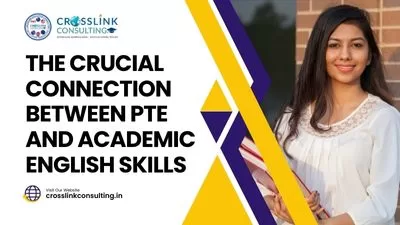
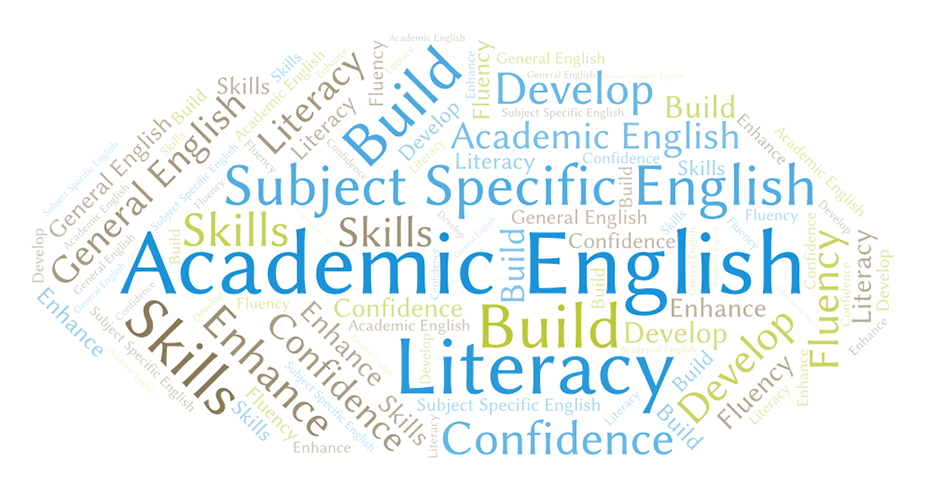
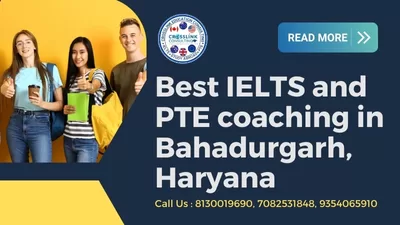

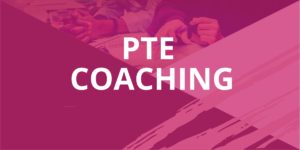

:max_bytes(150000):strip_icc()/GettyImages-116362123-580e1eed5f9b58564c6660c5.jpg)

















